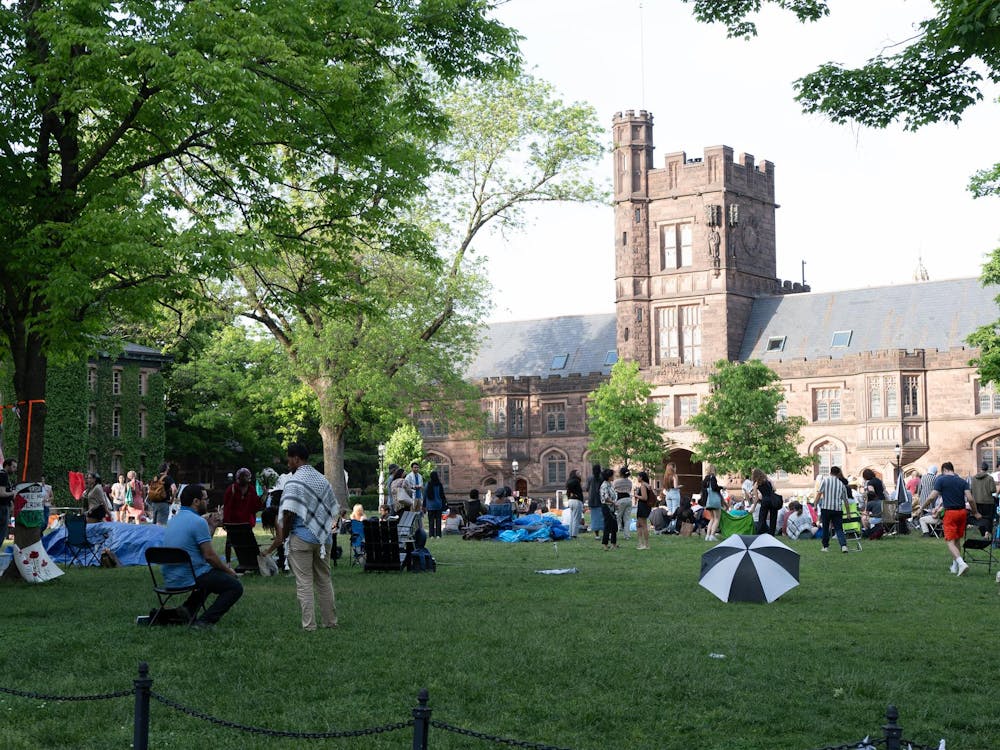There are many in this country that argue political correctness is killing our constitutional right to freedom of speech. I usually contest such notions, particularly when they concern events such as those that have occurred at Yale, the University of Missouri and other campuses where students feel unsafe. However, last week I came to the conclusion that perhaps political correctness may be murdering something else: the way in which we can express our feelings about race relations in this country.
Last week, there was a storm: posts of solidarity flooded Facebook newsfeed. Many of my fellow students expressed solidarity with people of color at Yale, Ithaca College, Claremont McKenna College and Mizzou. Consequently, I followed the lead of my peers, doing a quick copy and paste without really thinking too much about it. Soon, however, some of my other peers emphasized that it was Black students at Mizzou who were being disproportionately affected by last week’s events. Unlike fellow opinion columnist Sarah Sakha, who wrote about whether or not she as an Iranian-American could identify as a “person of color,” my attention was directed towards the receiving end of the label. Consequently, after thinking about it for quite some time, I changed my status to reflect this, expressing solidarity with Black students at Mizzou.
I edited my status for many reasons. For one, my initial status reflected a need to remain politically correct amongst my racially varied Facebook friends. “People of color” seemed a good way to do just that, avoiding the possibility that I could alienate those of other racial groups. In retrospect, I should have first analyzed the formation of “people of color” and why it can do comparable amounts of damage to any number of other words and policies that marginalize Black people in this country.
So how can we conceptualize “people of color” as a term? According to an NPR article, the term “people of color” derives from the now-derogatory historical term “colored.” Many of us may even recognize the phrase “colored” from our history lessons about Jim Crow laws or even Apartheid South Africa. Use of this phrase has stood as an alternative for the term “non-white,” which is less politically correct than “POC.”
Regardless of their etymological evolution, as Sakha’s column mentions, the selective use of such terms is to pretend that marginalized people have been oppressed in the same ways. If we fail to acknowledge the differences in oppression, how should we expect to find solutions to the problems we claim to be working toward?
When we use “people of color,” it is no accident. Racial labels scare us and many of us want to be inclusive. In her column, Sakha highlights how the imposing of labels such as “whiteness” can fail to align with one’s self-identification. Use of terms like “Blackness” and “Whiteness” is a daunting task because it seems to evoke a sense of history and politics that have failed to acknowledge the nuances of racial groups in this country. Our fear, however, should not deter us from finding solidarity with the groups we wish to include. Case in point: although “POC” is an all-encompassing term for millions of people in this country, I must wonder how many fewer copy-pasted posts would have appeared on my newsfeed were the original post in solidarity with Black, Latinx, Asian and/or Native American students?
Instead of comparing the specifics of how Black, Latinx, Asian and/or Native American students were treated at campuses like Mizzou, I want to emphasize the importance of being explicit when we discuss race. As a Black person in this country, the history of my ancestors is different than that of my Indian or Latina friends’. Although we may all find many things in common as racial minorities in this country, our separate stories should not be grouped together to fall under the veil of yet another politically correct catchphrase. The term “POC,” rather than unite marginalized people, brushes under the rug individual stories that may indicate better ways to solve the problems of racial injustice. We cannot expect to be in true solidarity with any racial group if we fail to take the time and acknowledge that each group has a story — and, indeed, millions of stories within a larger story — that should not be turned into one giant monolith, even for a Facebook post.
Imani Thornton is a sophomore from Matteson, Ill. She can be reached at it4@princeton.edu.









